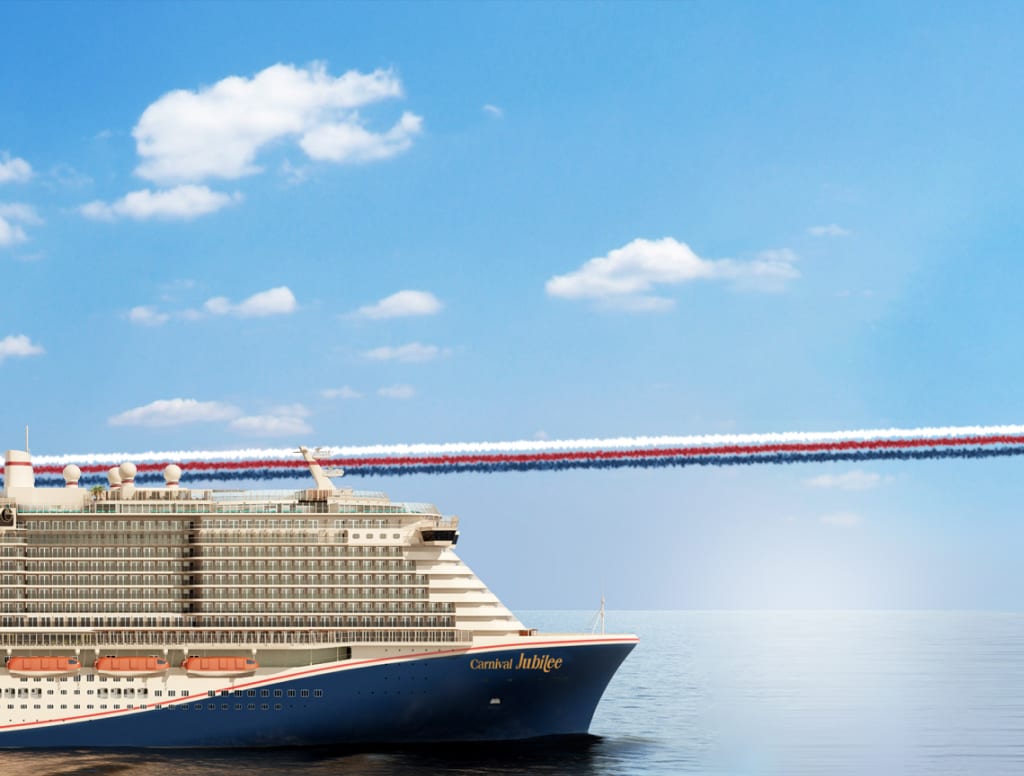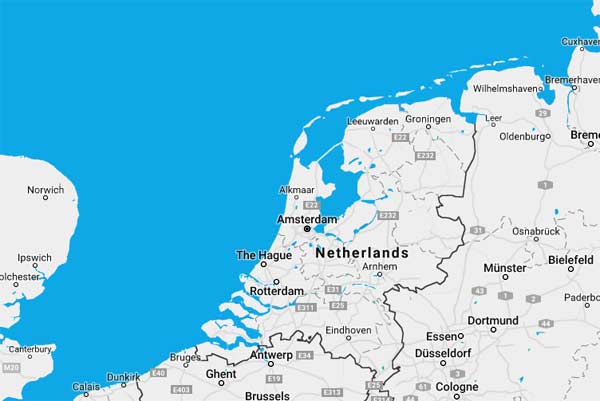
You can travel the world while earning money by working on shore excursions. They are a great option for college students and those looking for a challenging summer job. They offer many different excursions, so you're sure to find something that interests you.
You are responsible for assisting guests in booking land and shore excursions during cruise vacations. Your duties include helping guests decide which tour is right for them, explaining how to get the most out of their excursion, and answering any questions they may have. You will also be able to assist them in making reservations at the onboard agency and planning their trip.
Embarkation is the busiest day for shore excursions staff as passengers come onboard looking to book their next tour. It's fast-paced with long hours and few breaks.

The desk opens an hour before the ship docks, so you're one of the first people on the pier or onboard the ship to start organizing the tour dispatch for the guests who have booked their excursions. It can be quite hectic when there are many guests. However, with some coordination, you can ensure everyone gets the right tour.
Debark day is usually when a few staff members are in charge of organizing the few tours that are offered to guests who finish their cruise in port on the last days of the ship’s stay. While the process itself isn't very stressful, it's still important to be at your desk in the morning to keep an eye on any guests' requests.
Although it is a huge responsibility to perform all-day port duties, it can also be very rewarding. It can also provide a great opportunity for you to meet new people and gain knowledge about the area. This is when you get to learn more about the culture and history of the destination and can even meet the people behind the companies that offer excursions.
You work as a shore excursion staff member on ships that sail to the Caribbean, Europe and South America. Your contract length and the cruise company you work for will determine what types of excursions are available to you.

You need to ensure that guests have a great time on the excursions and communicate in multiple languages. If you work on a ship going to South America, for example, you may need to speak Spanish or Portuguese, French, Italian, or both.
Generally, shore excursions staff are paid a monthly salary with a few extra perks, like free meals onboard, paid for by the company. You may also be offered a commission structure by some companies. This means that you will receive a percentage of any revenue generated during your contract period.
FAQ
Do I have to dress up for a cruise or not?
You don't necessarily need to wear fancy clothes or formal attire. You just need to be comfortable and ready relax.
When should I book my cruise?
It all depends where you are going. You will have more flexibility when it comes to dates if you book your cruise early. You could, for example, plan your cruise around the summer months if you are sure you will be visiting Europe. For those who are planning to go to South America or Asia, it might be a better idea to book your cruise after high season to avoid high prices.
Is it necessary to tip my Cruise Director
This varies from cruise line to cruise line. Some cruise directors receive tips while others don't. You can ask the Cruise Director on board to find out whether they require tips. They will most likely tell you if tipping is expected.
Can I bring my pet on board?
Many cruise lines allow pets onboard. There are however some restrictions. First of all, you must make sure that your pet is healthy enough to travel. Pets with serious illnesses should not be taken onboard. If they are service dogs, they cannot be brought on board. Service dogs can be trained to help disabled persons. You cannot also bring any dangerous animal aboard.
Statistics
- You'll need to budget around $80 per person per day for this option – and an additional 18% gratuity. (travel.usnews.com)
- If you're traveling alone, you may also need to factor in a single supplement, adding up to as much as 100% of the cruise fare. (travel.usnews.com)
- You can save 15% off the total price if you book in advance of your trip. (travel.usnews.com)
- In addition, 10 to 15 percent gratuity is typically added to bar bills — for alcohol and soft drinks — and gratuities are applied to spa treatments. (cruiseline.com)
External Links
How To
How do I plan my first Cruise?
Planning a cruise is like planning any trip; there are many things to consider, such as where to go, what activities to include, budgeting, etc. However, if you're new to cruising, there are some key differences when planning your first cruise. For example, cruises typically last much longer than land vacations (up to 3 weeks), so you won't want to leave anything out! These tips will help you make your cruise even more enjoyable.
-
Book your cruise as early as possible - Make sure you book at least six months before you depart. This will allow you to get amazing deals and avoid the crowds. Also, you'll have plenty time to research your ship, itinerary, ports and activities. You might even find a deal on airfare too!
-
Pick a destination. It doesn't really matter what port you choose, just choose one that appeals. There are many reasons that people love to cruising to other destinations. While some people enjoy exploring new cities, others prefer to relax onboard. No matter what your preference, remember that you must consider the destination you want to visit. The Caribbean is the most popular destination, followed closely by Europe or Alaska.
-
Book a Suite - If money is not an issue, consider booking a suite. Suites have more space, a private balcony and other amenities. These suites are typically available for between $100 and $300 per night depending on the size of the room and availability of suites during the sailing date.
-
Check the weather forecast - Cruising is often associated with warm tropical climates. You should also check the weather forecasts of the ports on the day you plan to visit them. It is possible for the sea to be unpredictable, especially in Antarctica. Before you book your cruise, it is a good idea to check how severe the weather may be.
-
Keep it light when packing for a cruise. You should only bring 10 items. That means no suitcases full of clothes or shoes! It's better to pack only what you actually need in small bags. Also, bring clothing you can layer because you likely won't always be able to access laundry facilities onboard.
-
Do your homework - Before you buy tickets, read reviews online. Check out their cancellation policies and pricing.
-
Do not miss these must see spots. Visit each port at minimum once. Each has its unique charm and culture, so take advantage of all the local sites.